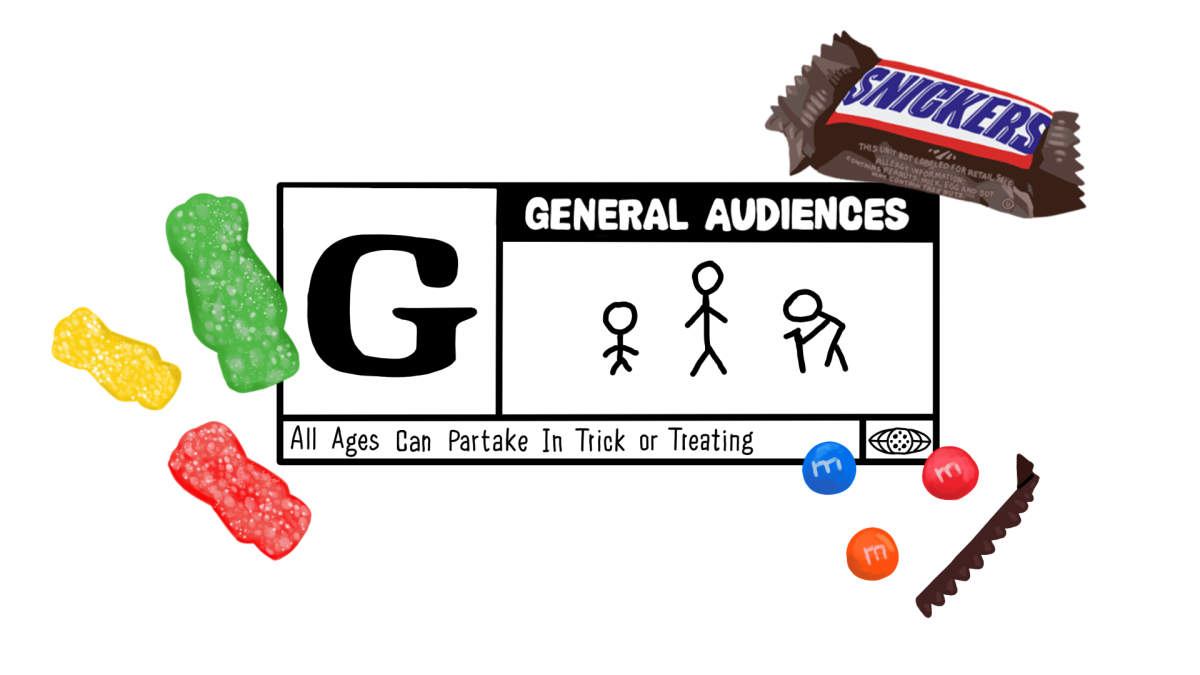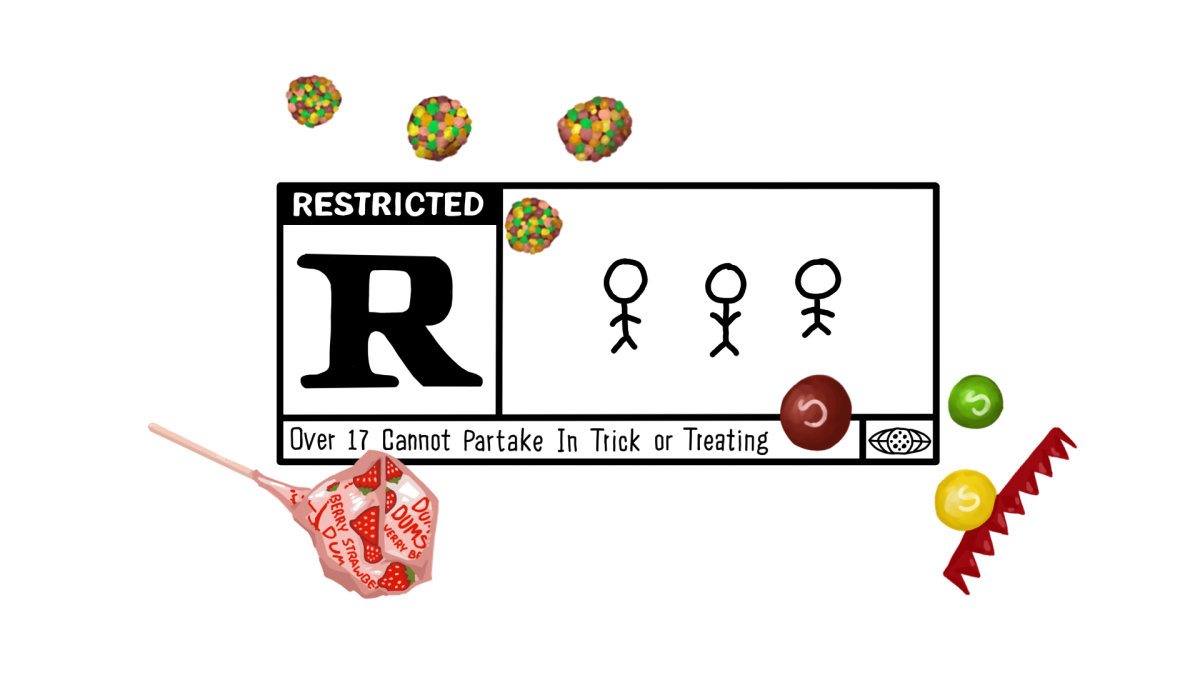Every day, tasks are done and have to be done. This can range from doing the dishes to starting a history project due next week. These tasks, though necessary to establish order in one’s schedule and life, can sometimes be tedious or unpleasant. As a result, people may procrastinate, or postpone these tasks, retreating from the mountain of work that keeps them busy. They may say they are unmotivated and cannot think of incentives to keep themselves going. Unbeknownst to themselves, the solution to their lack of motivation relies on their mindset, how they try to build themselves towards their goals through discipline.
A person is motivated when they are given an incentive to do something. This incentive may be effective initially, but the person’s will to continue working will likely fade away once the object that was motivating them in the first place is gone or achieved. For example, platforms like YouTube and Instagram provide countless motivational videos, giving viewers their spark. But after a few days, when those videos are out of sight and out of mind, that initial motivation wears off. Though relying on external motivation is not necessarily a bad thing, it is not the best mindset when it comes to establishing order in one’s everyday tasks or for self-improvement.
On the other hand, discipline is the will to consistently pursue something, despite the desire to abandon it. Discipline is developed over time, where one can complete simple, easy tasks with consistency after a period of trial and error. Instead of someone starting off on a speedy sprint, they can jog at a slower pace, gradually increasing as they progress until they are running at a fast pace.
Consistency goes hand-in-hand with discipline and is a vital part of discipline as a whole. When someone is willing to complete tasks whether they enjoy it or not, they accustom themselves to it. With that, this absence of temptation to not do something further pushes them to continue doing them every day without a second thought.
With that being said, if people want to change themselves efficiently, they should not set goals that are too ambitious. For example, instead of doing 30 push-ups in one sitting, one can equally divide them into smaller parts throughout the day, such as five push-ups an hour. With this, the goal can be seen as more approachable, allowing one to steadily progress toward their maximum potential.
If one can do this daily, it slowly becomes a routine to pursue this goal, eventually becoming like clockwork in one’s mind, making them unable to forget it. Think of it as making a chain that continuously lengthens as each set of goals is accomplished. If they fail or do not do it, they risk “breaking the chain.”
To conclude, being able to change does not depend on the goal itself, but on the way that one pursues it. Rather than fully charging at it, make a good foundation, and build on from there. Nothing worth having is easy, and one will fail multiple times along the journey. But if they keep the momentum, they can eventually conquer the obstacles that they once feared. With that, start that business, and go on that run that you have been planning to do. I end this with a quote from bodybuilder Noel Deyzel.
“Pain is not here to make you suffer. It is proof that you are alive and capable of more than you know.”




















